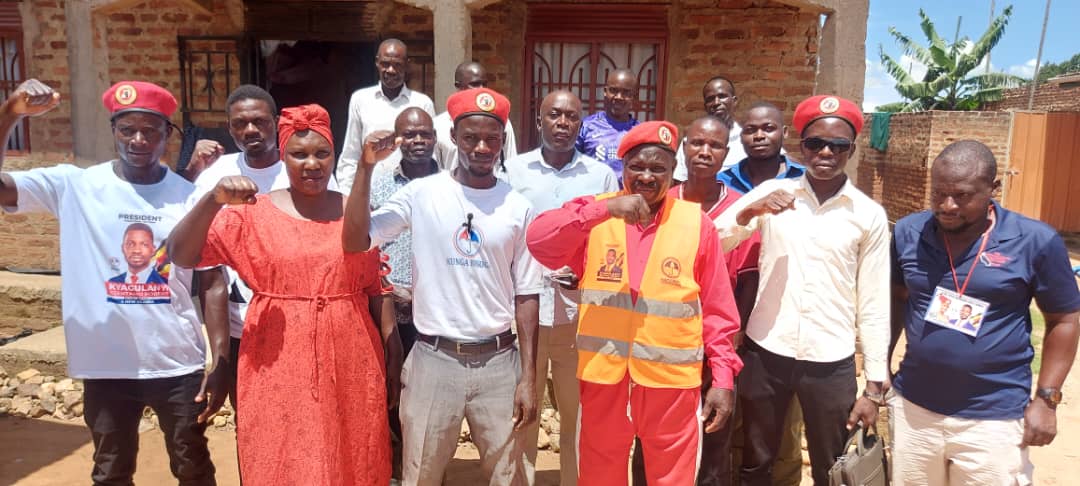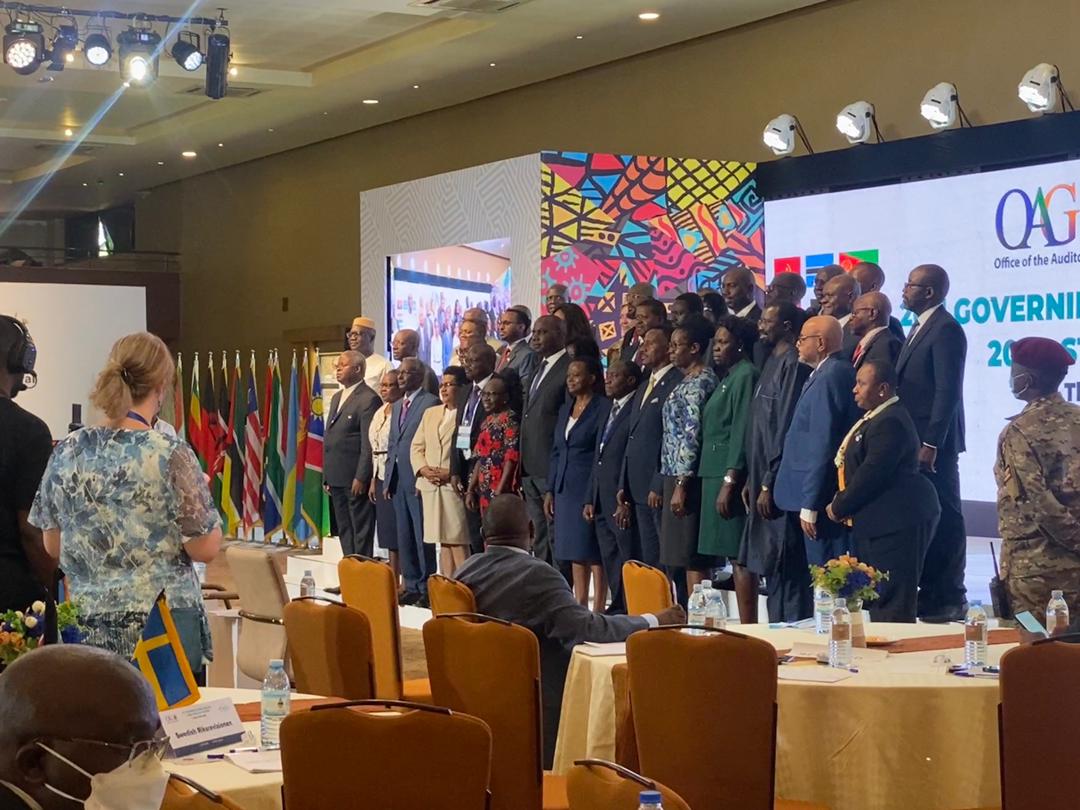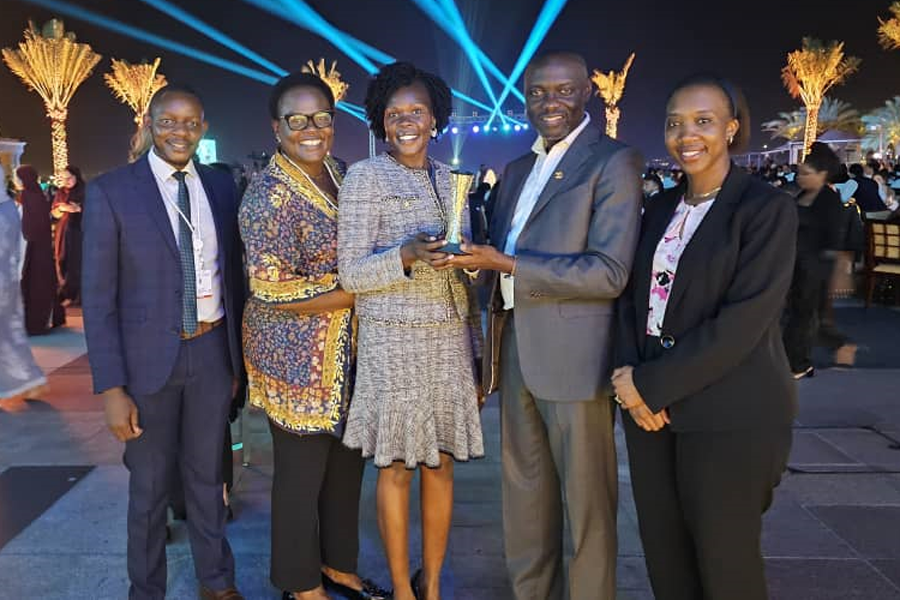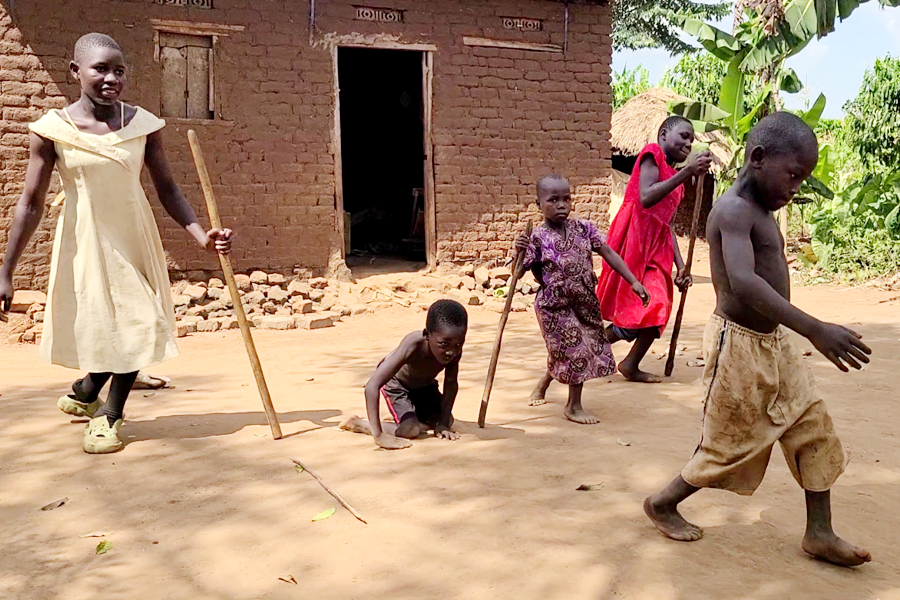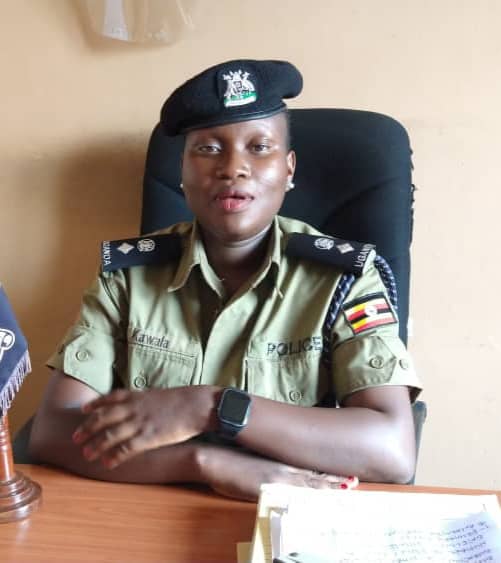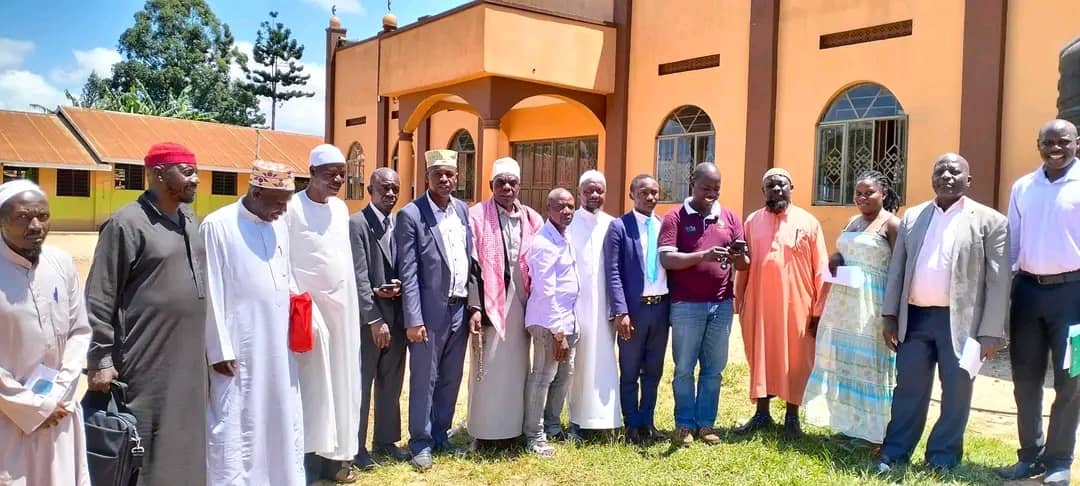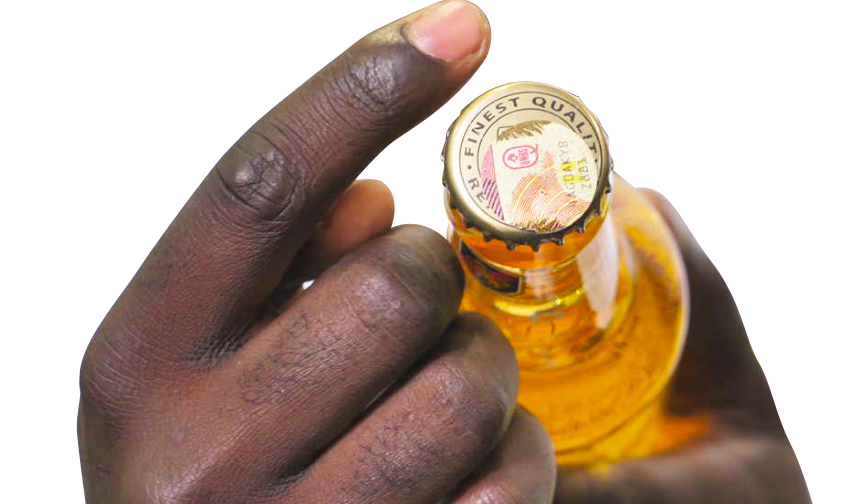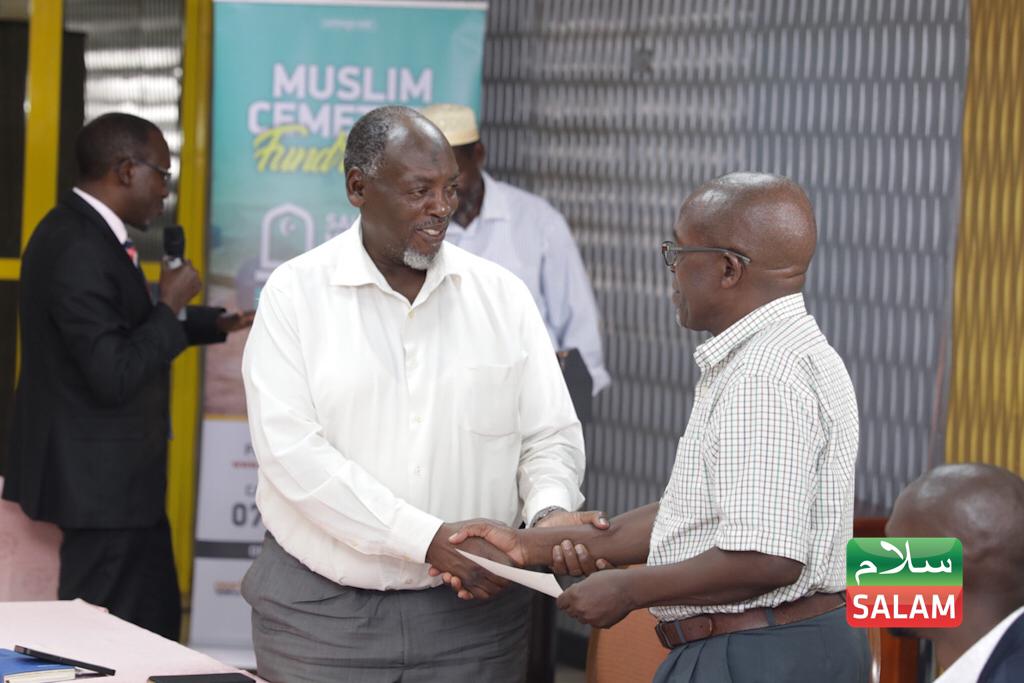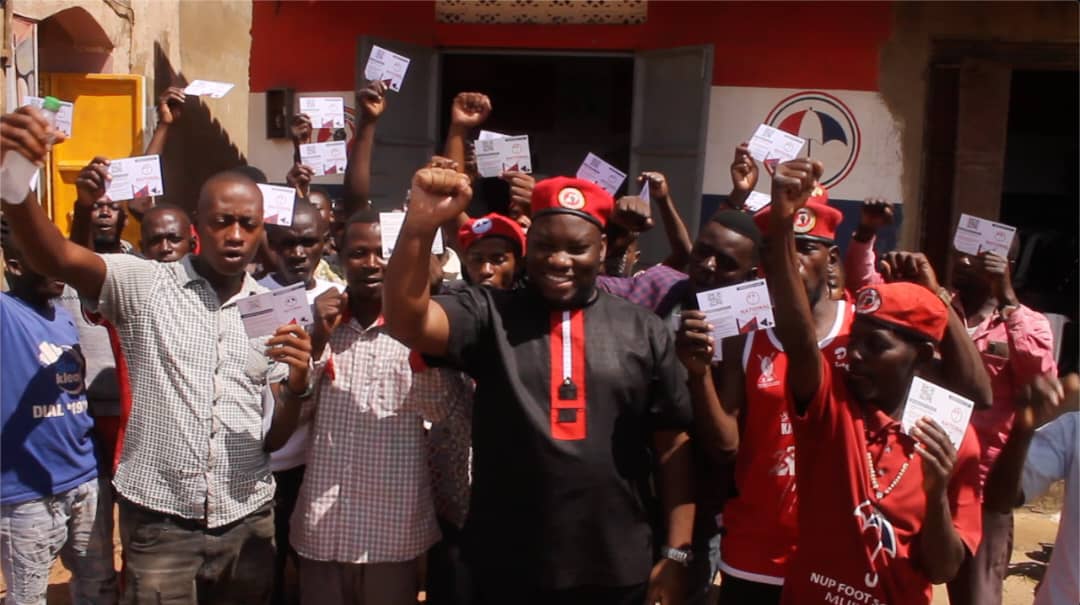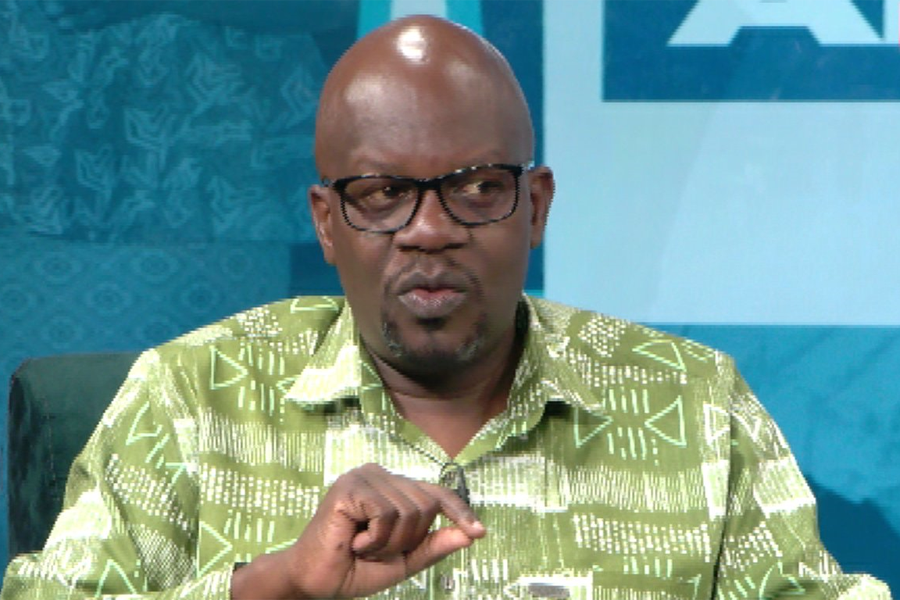Serwanjja steps out of the shadows to help build a robust investigative journalism culture
Solomon Serwanjja is a man in a hurry. Or so it appears.
As a young boy, Serwanjja said he used to be baffled by the agony sick people go through.
It sickened him to the bone that he resolved to study and become a doctor to help find solutions to some of the health challenges people face.
At high school, he majored in Physics Chemistry and Biology (PCB) hoping to do medicine at university. He passed fairly well although he was not offered medicine at the university. He settled for another science course instead.
Along the way however, he discovered that his heart was no longer in medicine.
That is when journalism came into the picture.
Like medicine, journalism, if thoroughly practiced, can have profound impact on the lives of the people.
So if he could not be the next Prof Francis Omaswa, the decorated heart surgeon or Dr Jackson Orem, the renowned oncologist, he could at least be the next Andrew Mwenda or Kevin Aliro or Charles Onyango Obbo or Dr Peter Mwesige or Ibrahim Ssemujju Nganda or Carolyne Nakazibwe or Daniel Kalinaki.
He said the list of “ors” was long because at that time there were a number of high quality journalists.
"Those guys used to write in-depth and well researched stories. They inspired me. When I became a journalist, I wanted to do those kind of stories, stories that impact humanity," he told me, rocking up and down in his swivel chair.
The long and short of it is that he eventually became a journalist, taking a circuitous route through radio, television and online. He excelled and like they say, the rest is history.
Now he has a new mission: to reinvigorate investigative journalism and make it the hallmark of local and international journalism.
Over time, he says, investigative journalism has taken a back seat. While some media houses will occasionally produce an eye-popping news report, they don’t do it on a consistent basis.
Besides, many media organisations rocked by economic uncertainty have sacrificed investigative journalism at the alter of financial security.
That is what Serwanjja wants to change.
Until July this year, Serwanjja was a senior journalist and TV anchor at NBS TV.
Recently, he decided to quit and nurture this dream of establishing an investigative journalism centre which will train and mentor the next crop of investigative journalists.
"The question [behind the setting up of AIIJ] was: will investigative journalism survive after me or after senior investigative reporters leave the newsroom, the likes of Daniel Kalinaki, Richard Kavuma. Will it survive?"
May be it will.
Serwanjja is a co-founder of the African Institute for Investigative Journalism (AIIJ) and serves as interim chief executive officer of the nascent organization.
At AIIJ’s plush offices found in the outskirts of Kampala, the messages plastered on the pristine white walls serve to reinforce its mission and to remind its small work force that what bring them to work everyday is to facilitate and anchor the growth of a robust investigative journalism culture.
One of the messages pays homage to Komla Dumor, the Ghanaian journalist whose humour and work for BBC helped illuminate a continent that had for long been labelled dark.
Dumor died suddenly in January 2014 but his legacy has been immortalised by the BBC through the annual Komla Dumor award of which Serwanjja has been a recipient.
In the main sitting area of the office is a quote from Allan Namu, the acclaimed Kenyan investigative journalism whose earth shaking stories have won him recognition but also made him a target for the authorities.
 The interior of AIIJ's offices
The interior of AIIJ's offices
Serwanjja said he draws inspiration from Namu’s investigative work.
As he embarks on his journey, Serwanjja said he has been mentored by Dr Peter Mwesige, the executive director of the African Centre for Media Excellence (ACME).
Mwesige has been there and done that, journalistically speaking.
One of Mwesige’s refrains on impactful investigative journalism is plastered on the wall in the boardroom of AIIJ.
"Investigative journalism should seek to uncover what is new and what the authorities are trying to hide," it reads.
Serwanjja said while many young journalists he has encountered have the love and zeal for investigative journalism, challenges abound.
"There are critical challenges affecting the level of investigative journalism. The first is the skill set of the journalists themselves. I see so many people doing small feature stories and they call them investigations. The quality of our journalists in executing investigative stories is lacking," he said, his eyes brightening up, pumping his fists into the air.
Among other programmes, AIIJ will soon conduct research to try to assess the status of investigative journalism; the past, present and future.
"We don’t have data around the quality of investigative journalism in this country. We are conducting research to ascertain this," he said.
Serwanjja said AIIJ will try to encourage media houses to collaborate on some investigative projects to create bigger impact and wider reach.
"Every media house wants to be seen as the best in investigative reporting undermining the power of collaboration, the trivial competition. Can we bring NBS, NTV, Monitor and New Vision together and do some ground breaking investigation?" he queried.
He said AIIJ is in the process of setting up funding programme to address the challenge of inadequate funding for investigative journalism.
Journalists can pitch their stories and they will partly or fully fund them. He said they will also work closely with the journalists to produce a quality product.
Decorated
To be sure, Serwanjja is not the first local journalist to try to revive investigative journalism.
Many journalists, small and big, tall and short, have tried, some falling at the first hurdle.
Some have lacked the resources to realize this dream.
For others, they have not been able to summon the zeal and the credentials needed to lead the push of breathing new life into investigative journalism.
Yet they are not Solomon Serwanjja.
They lack the “I-will-do- it-against-all-odds” attitude, which Serwanjja possess in plenty.
Throughout his colourful journalism career, Serwanjja has won a number of accolades for his outstanding work.
The most prominent is the BBC Kumlor Dumor Award, which thrust him into the international limelight.
BBC recognised Serwanjja for his ground breaking story on the menace of drug theft in public health facilities in Uganda.
Serwanjja discovered that the cartel behind the rampant drug theft comprised senior public officers, businessmen and security personnel.
When he speaks about the time he spent doing training and apprenticeship at the BBC, his face lights up.
"Man, that was big,” he says. “BBC has all the resources, the personnel and the know how to do quality journalism. That is why they produce excellent work," he said
He has also been severally recognised by the African Centre for Media Excellence (ACME) for his outstanding work.
 Serwanjja with some of the accolades from ACME
Serwanjja with some of the accolades from ACME
On TV or during interviews, Serwanjja effuses a lot of energy and gusto.
Several times during the interview, he clenched his fists and banged the table to emphasize a point.
Yet when we switch the topics to his personal life, his tone mellowed as a smile swept across his face.
"I am a father of four, married to Vivian Serwanjja. I grew up with my grandparents. I struggled through my education. I come from a humble background. I struggled with life," he said.
Persistent, focused
Those who have worked with Serwanjja say when he wants to get things done, not even the kitchen sink will be spared.
His persistence, one journalist said, sometimes borders on madness.
"He will pester you to do something until you give in,” said a journalist who worked with Serwanjja at NTV.
The journalists believe that if Serwanjja maintains this persistence and laser focus on his dream, even the sky will not be the limit.
In a few year’s time, Serwanjja hopes the culture of investigative journalism will have taken root. He knows the road ahead is laden with challenges but failure, in his view, it will not be an option.
"My dream has always been, can I provide a home for investigative journalism where they can come critic each other, hold a show around investigative journalism. We break bread, go to boot camps. I don’t like to fail. I don’t like to do mediocrity things. I just wanted to get it right."


